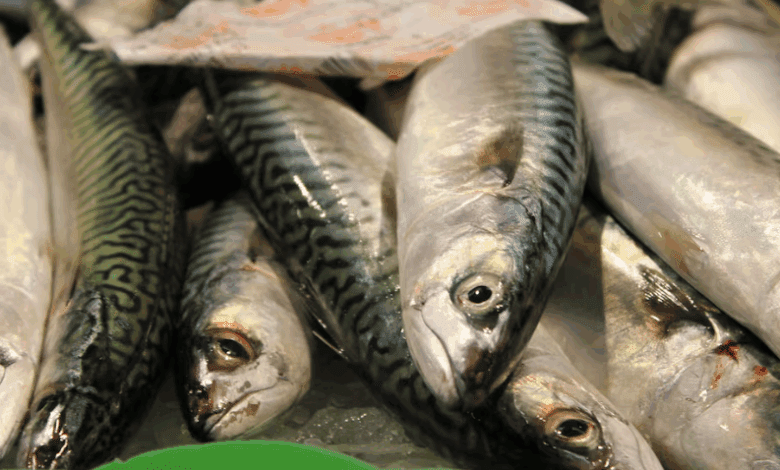
Over the past two decades, the Mediterranean Sea has undergone significant changes: the omega-3 content in fish has declined by more than 60%. Research by Spanish biologists and doctors shows that from 2000 to 2023, the catch of this vital nutrient dropped from 15 to 6 tons per year. The reasons lie in a combination of two factors—warming sea temperatures and overfishing of traditional fish species.
Staple species for the region such as sardine, anchovy, hake, and mackerel have been hit particularly hard. Their populations are dwindling not only due to fishing pressure, but also because of ecosystem changes caused by rising water temperatures. As a result, even though catches of warm-water species like allache and white shrimp are increasing, the overall omega-3 balance remains negative. The share of these new species in total omega-3 production has risen from 3% to 27%, but this is not enough to offset the losses.
Scientists point out that it’s not just the quantity of fish that matters, but also its species composition. New species that are better adapted to changing conditions cannot match the nutritional value of traditional omega-3 sources. Over the past 23 years, pelagic fish—sardine and anchovy—have accounted for almost 90% of all omega-3 in catches. Bottom-dwelling species such as hake and monkfish contributed about 10%, while crustaceans and cephalopods made up just 1%.
The situation is further complicated by the fact that only two out of ten commercial fish species in the northwest Mediterranean are currently harvested sustainably. The rest remain at risk, despite some progress in stock restoration. Additionally, due to warming waters, phytoplankton—the main producer of omega-3—has started producing less of it, impacting the entire food chain.
Medical experts warn that a deficiency of omega-3 can lead to an increase in cardiovascular diseases, certain types of cancer, and nervous system disorders. International guidelines recommend a daily intake of 250–500 mg of omega-3 from marine sources, but with current trends, meeting this requirement is becoming increasingly difficult.
As a solution, scientists propose revising fishing practices, supporting the recovery of local populations, and encouraging the consumption of underutilized but valuable species such as allacha and bluefish (anjova). More efficient use of fish by-products—such as heads and liver, which are rich in omega-3—should also be considered, with priority given to using fish for food rather than for aquaculture feed.
Experts believe that importing omega-3 from other regions is not a viable solution. It is unsustainable and does not address the root problem. Although some plants, such as walnuts or flax seeds, also contain omega-3, the form found in these sources is less easily absorbed by the human body.











